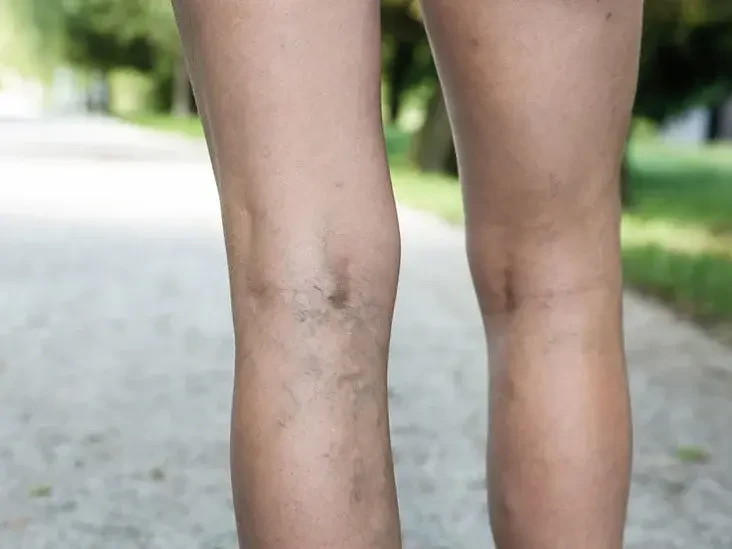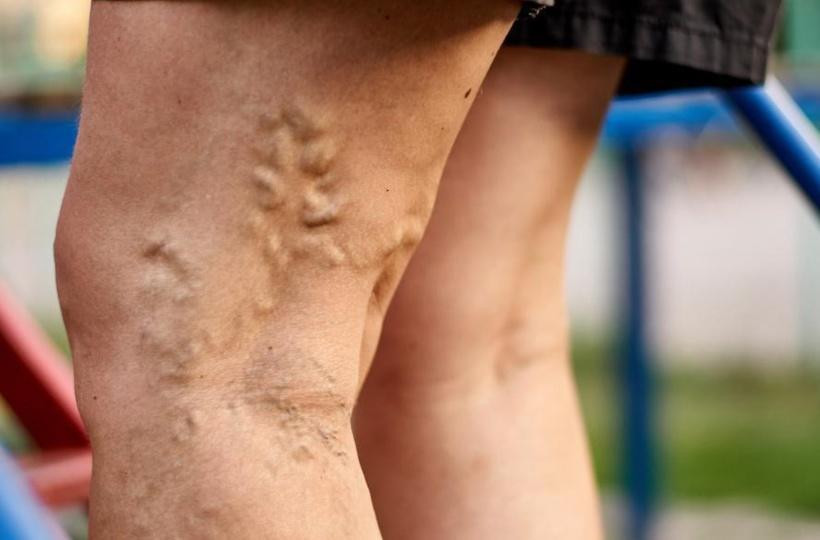What Is The Latest Treatment For Varicose Veins?
What is the latest treatment for varicose veins? Varicose veins are a common condition that affects a significant portion of the population, especially women. These enlarged, twisted veins can cause discomfort, pain, and aesthetic concerns. Over the years, various treatment options have emerged to address varicose veins, with advancements continually being made. In this article, we will explore the latest treatments for varicose veins, focusing on innovative procedures offered by vein specialists.
I. Endovenous Laser Ablation (Evla):
Endovenous Laser Ablation, also known as EVLA or EVLT (Endovenous Laser Treatment), is a minimally invasive procedure that utilizes laser energy to treat varicose veins. It involves the insertion of a laser fiber into the affected vein, which emits pulses of laser energy, causing the vein to close and eventually fade away. EVLA is performed under local anesthesia and offers several advantages, such as shorter recovery time and minimal scarring.
Ii. Radiofrequency Ablation (Rfa):
Radiofrequency Ablation is another minimally invasive procedure commonly used for treating varicose veins. Similar to EVLA, RFA involves the insertion of a catheter into the affected vein, but instead of laser energy, it uses radiofrequency waves to heat the vein wall, causing it to collapse. The procedure is generally well-tolerated, and patients can usually resume normal activities shortly after undergoing RFA.
Iii. Foam Sclerotherapy:
Foam Sclerotherapy is a technique that involves injecting a foam-like solution directly into the varicose vein. The foam displaces blood within the vein, causing the vein walls to stick together and eventually close off. This treatment is particularly effective for larger varicose veins and can be combined with other procedures for optimal results. Foam Sclerotherapy is minimally invasive, and patients typically experience minimal discomfort during the procedure.
IV. Venaseal Closure System:
The Venaseal Closure System is a relatively new treatment option that offers a unique approach to addressing varicose veins. This procedure involves the use of a medical adhesive or glue that is injected into the affected vein, sealing it shut. The adhesive is biocompatible and gradually gets absorbed by the body. Venaseal Closure System eliminates the need for tumescent anesthesia and compression stockings, making it a comfortable and convenient treatment option for patients.
V. Phlebectomy:
Phlebectomy, also known as ambulatory phlebectomy or microphlebectomy, is a surgical technique used to remove superficial varicose veins through tiny incisions. This procedure is often performed in conjunction with other treatments, such as EVLA or RFA, to achieve comprehensive results. Phlebectomy is particularly effective for larger varicose veins close to the skin surface. It offers high success rates and leaves minimal scarring.
Conclusion:
What kind of doctor is a vein specialist? As medical technology continues to advance, vein specialists have access to a range of innovative treatments for varicose veins. Procedures such as Endovenous Laser Ablation, Radiofrequency Ablation, Foam Sclerotherapy, Venaseal Closure System, and Phlebectomy have revolutionized the field of varicose vein treatment, offering minimally invasive options with excellent outcomes. If you are experiencing symptoms of varicose veins, it is recommended to consult with a vein specialist who can assess your condition and recommend the most suitable treatment approach for you.


Comments
Post a Comment